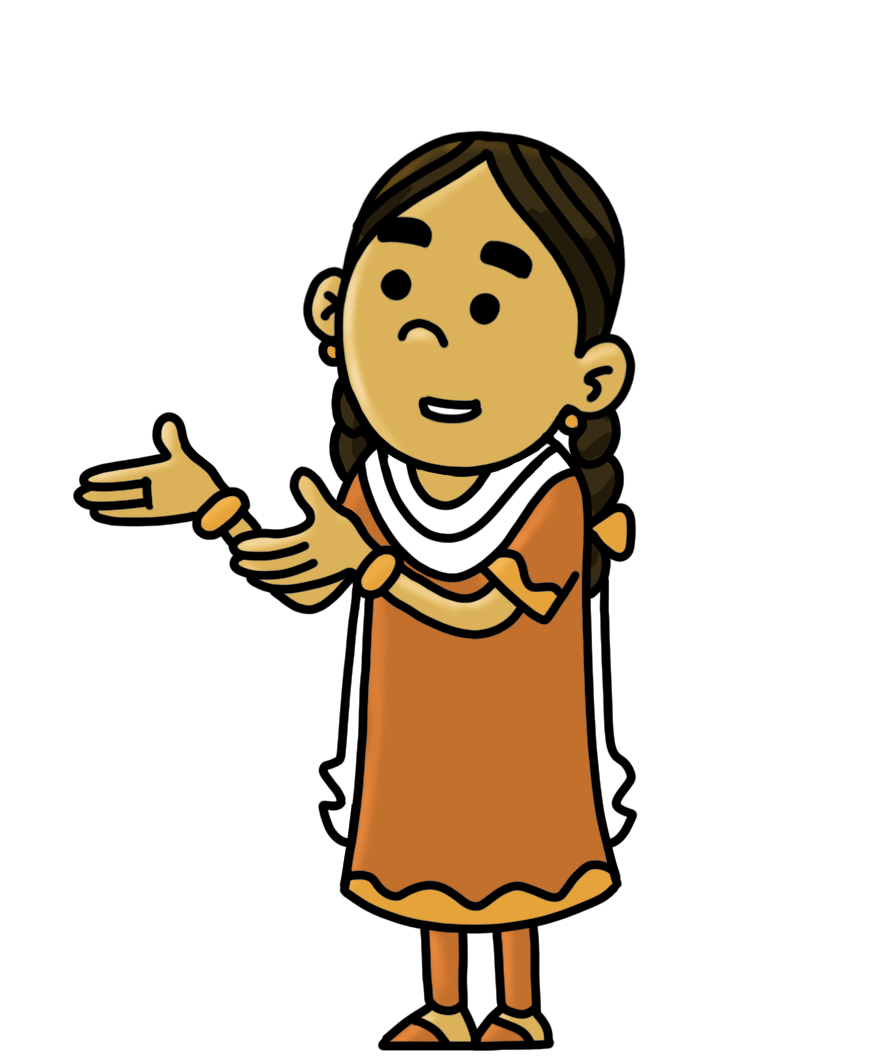As per the law, violation of any of the doctor’s duties will qualify as ‘misconduct’ and can result in disciplinary action being taken against a doctor. Further, some other acts also qualify as ‘misconduct’ and can be complained against, like:
Improper or fraudulent activities
- Committing adultery or improper conduct with a patient, or maintaining an improper association with a patient by abusing one’s professional position.(( Regulation 7.4, Indian Medical Council (Professional Conduct, Etiquette, and Ethics) Regulations, 2002))
- Conviction by a court for offences involving moral turpitude*/criminal acts.(( Regulation 7.5, Indian Medical Council (Professional Conduct, Etiquette, and Ethics) Regulations, 2002))
- Undertaking sex determination with the purpose of aborting a female foetus.(( Regulation 7.6, Indian Medical Council (Professional Conduct, Etiquette, and Ethics) Regulations, 2002))
- Signing or giving any certificate, report, or similar document which is untrue, misleading, or improper.(( Regulation 7.7, Indian Medical Council (Professional Conduct, Etiquette, and Ethics) Regulations, 2002))
- Performing or enabling unqualified persons to perform an abortion or any illegal operation for which there is no medical, surgical or psychological reason.(( Regulation 7.9, Indian Medical Council (Professional Conduct, Etiquette, and Ethics) Regulations, 2002))
Confidentiality of patient information
- Contributing to press articles and giving interviews regarding diseases and treatments which may have the effect of advertising or soliciting practices. However, medical practitioners are free to write to the press under their own name on matters of public health and hygienic living. They can also deliver public lectures and talks under their own name, and announce the same in the press.(( Regulation 7.11, Indian Medical Council (Professional Conduct, Etiquette, and Ethics) Regulations, 2002))
- Disclosing the secrets of a patient that have been learnt in the exercise of their profession. However, disclosure is allowed:
- in a court of law under orders of the presiding judicial officer;
- in circumstances where there is a serious and identified risk to a specific person and /or community; and
- in case of notifiable diseases.(( Regulation 7.14, Indian Medical Council (Professional Conduct, Etiquette, and Ethics) Regulations, 2002))
- Publishing photographs or case reports of patients without their permission. For instance, a doctor cannot publish the patients identity in any medical or other journal in a manner. However, if the identity is not disclosed, the consent is not needed.(( Regulation 7.17, Indian Medical Council (Professional Conduct, Etiquette, and Ethics) Regulations, 2002))
Refusing patient treatments
- Refusing only on religious grounds to give assistance in or conduct of sterility*, birth control, circumcision and medical termination of pregnancy when there is medical reason to do so. However, practitioners may refuse to do so if they believe that they are incompetent for the same.(( Regulation 7.15, Indian Medical Council (Professional Conduct, Etiquette, and Ethics) Regulations, 2002))
Conducting operations or treatments
- Conducting operations without obtaining written consent from the husband or wife, parent or guardian in the case of a minor, or the patients themselves. Additionally, consent of both husband and wife is required in operations that result in sterility. (( Regulation 7.16, Indian Medical Council (Professional Conduct, Etiquette, and Ethics) Regulations, 2002))
- Conducting in vitro fertilization or artificial insemination without the informed consent of the female patient, her spouse and the donor. However, the female patient should give written consent. Providing sufficient information about purpose, methods, risks, inconveniences, disappointments of the procedure and possible risks and hazards is also a duty of a doctor. (( Regulation 7.21, Indian Medical Council (Professional Conduct, Etiquette, and Ethics) Regulations, 2002))
Further, this is not a complete and exhaustive list of all kinds of professional misconduct. Circumstances that are not mentioned above may also qualify as professional misconduct and the responsible medical council can take action on the same.(( Regulation 8.1, Indian Medical Council (Professional Conduct, Etiquette, and Ethics) Regulations, 2002))


